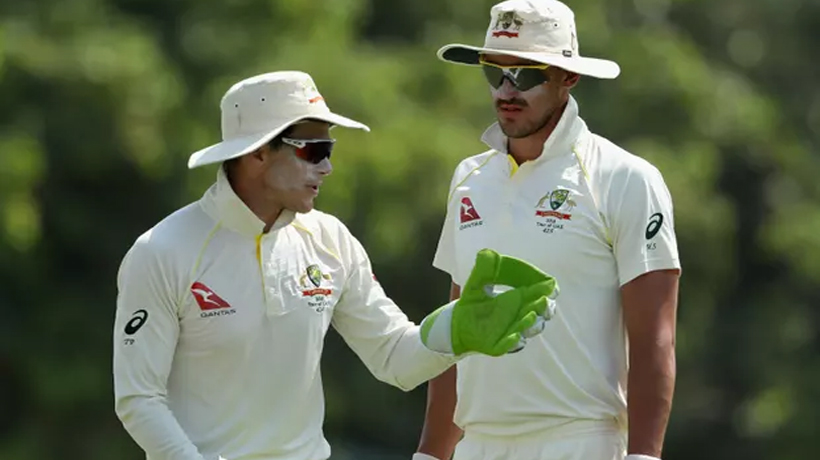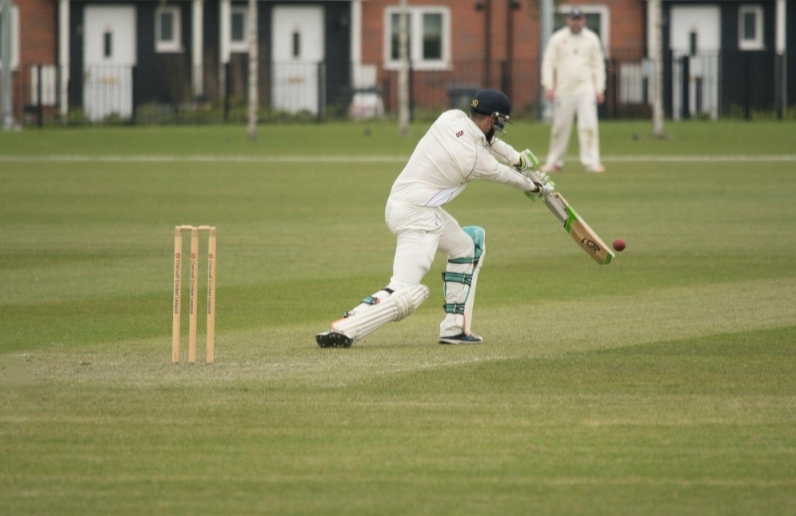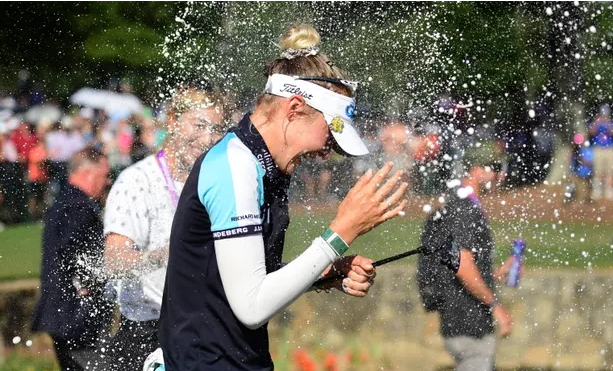Trending Now
- IPL 2024 begins with a bang. First contest between CSK and RCB.
- Election commission allots mike symbol to Naam Thamizhar Katchi
- AIADMK promises to urge for AIIMS in Coimbatore, in its election manifesto.
- Ponmudi becomes higher education minister.
Sports
Pakistan series a tough test of ‘new-look’ Australian cricket team
![]() October 5, 2018
October 5, 2018
After a long winter, Australian Test cricket is ready to wake from hibernation. Upcoming in a new spring season is a tough assignment: Pakistan in their adopted fortress of the United Arab Emirates. Just as tough will be the first meaningful on-field steps towards recovery from the autumn humiliation in South Africa.
When Australia’s ball-tampering plot was exposed in Cape Town, the sport’s administrators talked big about the need for change. They instituted two reviews of cricket culture, one into the national men’s team and another into Cricket Australia as an organisation, which would tend to suggest an admission there were cultural problems. But while the review findings are still not public, CA in the meantime appointed a permanent men’s coach and a new CEO, both of them anointed successors who had long been part of the regime under review.
National selection policies are as non-existent as ever: new coach and selector Justin Langer had his logic skewed and his numbers wrong in his thought bubble about excluding Glenn Maxwell from the squad, while chairman of selectors Trevor Hohns lauded Mitchell Marsh’s ascent to the vice-captaincy on the basis that “given his lineage, he understands and respects the responsibility which comes with representing Australia.”
Remember former England cricket boss Giles Clarke describing his captain Alastair Cook as, in paraphrase, coming from the right kind of family? Consider this the Australian equivalent: a clangingly clueless pronouncement revealing more about its speaker’s thought processes than intended. The suggestion that someone could better appreciate playing for the national team if one’s relatives had done the same is insulting to any of the millions of cricketers who have dreamed of representing their countries.
So in many ways, the apparent upheaval after Cape Town has brought very little change. The change it has brought is on the field. This will be the first Test outing for what is now firmly Tim Paine’s side, and the players in it will be deeply conscious of their demeanour, and their captain’s desire that they distance themselves from the on-field aggression and abuse of the recent and distant past.
The loss of two opening batsmen and former captain Steve Smith to suspension brings further upheaval, as does the injury absence of fast bowlers Pat Cummins and Josh Hazlewood. There could be as many as four debuts in the first Test in Dubai come Sunday.
Aaron Finch is a certainty to be one, and his is a good news story. Finch had become an anomaly in that he had played so many limited-overs games for his country (135), made so many centuries (13), and yet had never come close to Test selection. Finally his relentless white-ball form has been trusted. At 31 years of age, he also brings the benefits of experience as a player and captain, a level temperament, and a genial approach. All these traits make him a natural leader for the kind of team Paine wants to build.
Young Queenslander Matthew Renshaw was due to open alongside Finch, but may miss out after being struck during Australia’s warm-up match. Renshaw is short on game time, so Usman Khawaja could come up the order from No3, with another Queenslander in Marnus Labuschagne to debut in the middle order.
Shaun and Mitchell Marsh are a lock in the middle order after big runs in the tour match, while Travis Head has been anointed for a Test spot for a long time but was held back by poor first-class numbers. He impressed on the A tour and in the warm-up, so his time has surely come.
Paine will be the bridge down to a bowling attack of two finger-spinners – Nathan Lyon with his off-breaks and Jon Holland with the left-arm variant – and two seamers. Lyon will be key, having finally worked out how to succeed in the subcontinent during his 2017 tours to India and Bangladesh. Expect a different showing to his last visit to the Emirates.
Holland’s five wickets in the second innings of the tour match have stitched up his spot, offering him his third Test after playing in Sri Lanka in 2016. Mitchell Starc will offer pace and look for reverse swing if conditions allow. Michael Neser is a chance to take the final seamer’s spot, but another debutant may not be ideal. Peter Siddle would be the logical alternative with his 62 Tests over the course of a decade, and his ability to bowl long spells at the stumps in the heat.
Whatever the selections, they face a tough assignment. A much better Australian team was demolished on the corresponding tour in 2014. Misbah-ul-Haq is gone from that Pakistan side – he made twin centuries that series in Abu Dhabi including equalling Viv Richards’ then-record for the fastest ton of all time. Younis Khan is gone, who made three hundreds in that series’ four innings. But Pakistan still have Azhar Ali, who made twin tons alongside Misbah, while Asad Shafiq is in blazing form, and limited-overs sensation Fakhar Zaman is set to debut.
And of course they’ll have the weapon of spin. Experience doesn’t seem to matter against Australia: Yasir Shah towelled Australia up in 2014 on debut. He’s got four more years of experience now, and another fine leg-spinner in Shadab Khan alongside. Off-spinning all-rounder Mohammed Hafeez has also been recalled. Australia didn’t face a Pakistani spinner in their warm-up match, but they certainly will in the Tests. How they handle that will be an important first step in the era of Langer and Paine.
























